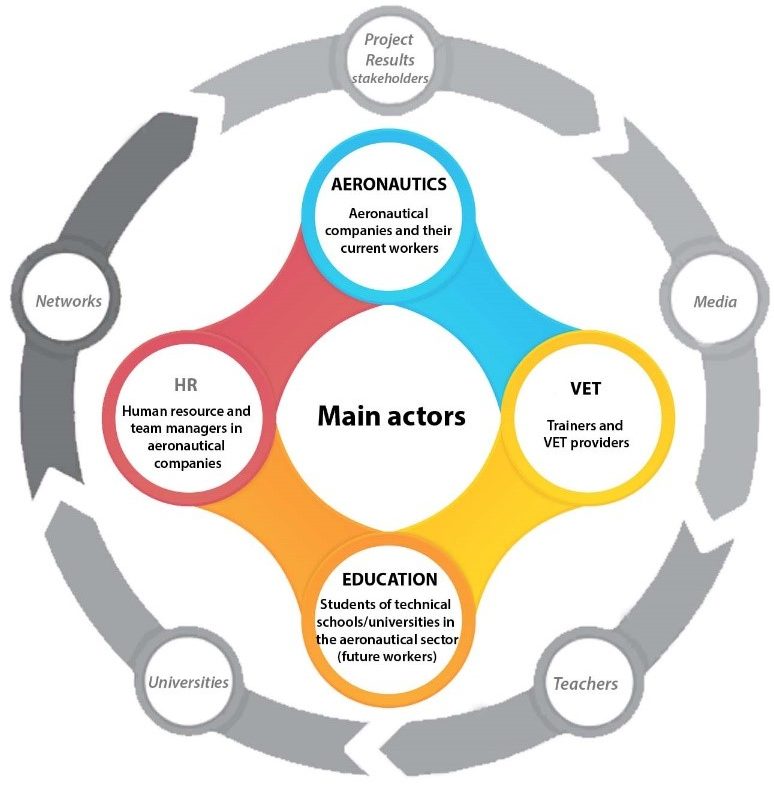
The complexity and exigence of the aerospace industry make it a perfect target for the Industry 4.0 technologies. The digitalization and interconnection of the means involved in manufacture and production makes a fattest, safest and cheapest way of production possible.
Companies are taking the chance to tighten global supply chains, drawing suppliers into the network and using new technologies to link them through a wide range of data-processing based technologies. Products based upon data and data-analytics are been used to explore new business models inside the industry than can improve revenues and ways of production.
The framework for the digital transformation of the aerospace industry stretches from cloud computing and mobile technology; to the use of augmented reality, big data analytics, smart sensors, location detection technologies and advanced human/machine interface. All of them, technologies based upon the principles of the Industry 4.0 revolution.
The nature of these new technologies will place higher demands on all members of the workforce in terms of managing complexity, abstraction thinking and problem-solving. Employees will have to act more independently and possess better communication skills and ways of organizing their own work. The soft skills, those related to the human character and interpersonal relationships, will have a more prominent role inside the aeronautical production chain.
Soft skills, such as initiative, critical thinking or intellectual curiosity, will require from an adequate training and supervision that will ensure that every piece involved in the production chain know how to use and apply those soft skills. Thus, new personal competences and qualifications will be needed.
In order to solve this educational problem, new training modules focused on soft skills and social competencies will be required. The lack of these preparation may lead to fatal human errors and financial losses that can be avoidable.
In Sky4.0 we recognise as basilar stones, 7 key softs skills:
-Cognitive Flexibility
-Intellectual Curiosity
-Analytical Thinking
-Critical Thinking
-Change Adaptability
-Initiative
-Effective Communication in Digital Environment




